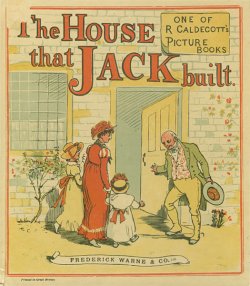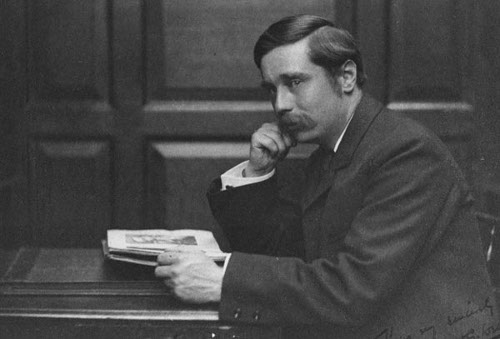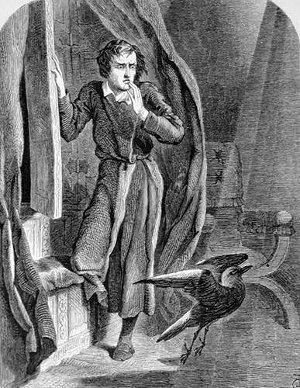In reversing an opinion in 1975, Georgia appeals court judge Randall Evans Jr. wrote his decision in verse:
The D.A. was ready
His case was red-hot.
Defendant was present,
His witness was not.
He prayed one day’s delay
From his honor the judge.
But his plea was not granted
The Court would not budge.
So the jury was empaneled
All twelve good and true
But without his main witness
What could the twelve do?
The jury went out
To consider his case
And then they returned
The defendant to face.
“What verdict, Mr. Foreman?”
The learned judge inquired.
“Guilty, your honor.”
On Brown’s face — no smile.
“Stand up,” said the judge,
Then quickly announced,
“Seven years at hard labor”
Thus his sentence pronounced.
“This trial was not fair,”
The defendant then sobbed.
“With my main witness absent
I’ve simply been robbed.”
“I want a new trial —
State has not fairly won.”
“New trial denied,”
Said Judge Dunbar Harrison.
“If you still say I’m wrong,”
The able judge did then say
“Why not appeal to Atlanta?
Let those Appeals Judges earn part of their pay.”
“I will appeal, sir” —
Which he proceeded to do —
“They can’t treat me worse
Than I’ve been treated by you.”
So the case has reached us —
And now we must decide
Was the guilty verdict legal —
Or should we set it aside?
Justice and fairness
Must prevail at all times;
This is ably discussed
In a case without rhyme.
The law of this State
Does guard every right
Of those charged with crime,
Fairness always in sight.
To continue civil cases
The judge holds all aces.
But it’s a different ball game
In criminal cases.
Was one day’s delay
Too much to expect?
Could the State refuse it
With all due respect?
Did Justice applaud
Or shed bitter tears
When this news from Savannah
First fell on her ears?
We’ve considered this case
Through the night — through the day.
As Judge Harrison said,
“We must earn our poor pay.”
This case was once tried —
But should now be rehearsed
And tried one more time.
This case is reversed!
Evans explained in a footnote: “This opinion is placed in rhyme because approximately one year ago, in Savannah at a very convivial celebration, the distinguished Judge Dunbar Harrison, Senior Judge of Chatham Superior Courts, arose and addressed those assembled, and demanded that if Judge Randall Evans Jr. ever again was so presumptuous as to reverse one of his decisions, that the opinion be written in poetry. I readily admit I am unable to comply, because I am not a poet, and the language used, at best, is mere doggerel. I have done my best, but my limited ability just did not permit the writing of a great poem. It was no easy task to write the opinion in rhyme.”




